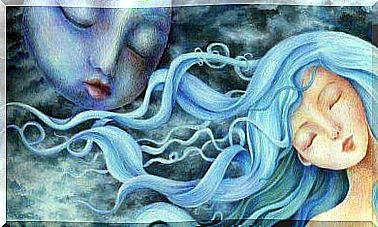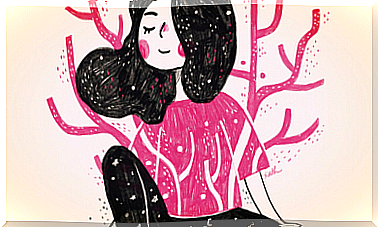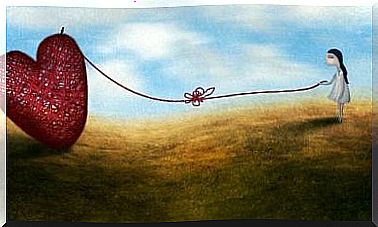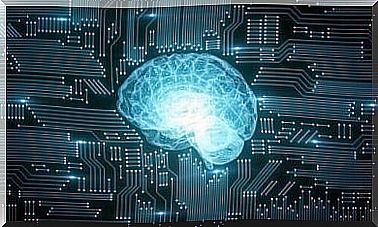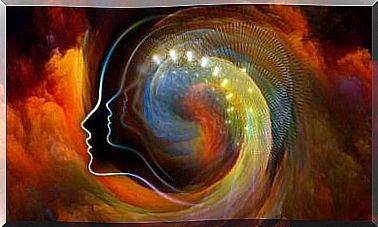Why Did Nietzsche Think We Are Sick?
The philosopher Nietzsche (1844-1900) probably created one of the most revolutionary and most interpreted philosophies in the short history of thought. With him came the idea that God is dead and a new way to view and understand the way the world was born.
It is a way that tries to free people and their thoughts. Because we locked ourselves in a prison. It is a sophisticated attempt to escape our worst fear, a fear of life, ourselves and our freedom.
Nietzsche thought that the origin of many of our problems lay in enlightened, somewhat democratic Greece. We have put the myth aside and have come to worship the logos . We worshiped a sense of reason that made us limited creatures, afraid of the shadows we saw in the cave.
Nietzsche remains skeptical of this kind of modernity. He thinks there is something hidden under this box: bitterness about life, about what happens to us, and about what we don’t like.
The Origin of Disease According to Nietzsche…and Tragedy
In Greece, Dionysus lost (his life) and Apollo won (the discussion). That’s how we were hypnotized by a sense of perfection that we project outward. Because it will always be outside of us. That’s because of the way we express it: far away, because that’s where we are, far from our own nature.
- Our punishment and also our destiny: to transcend a symbolic form and move on to a material form.
- The only way to reverse this punishment: death.
It is an idea that is still the ideal for religious fundamentalists today. They pack bombs on themselves and set off for a better world. But they also take other lives along the way. They also think that these lives are their ticket out.
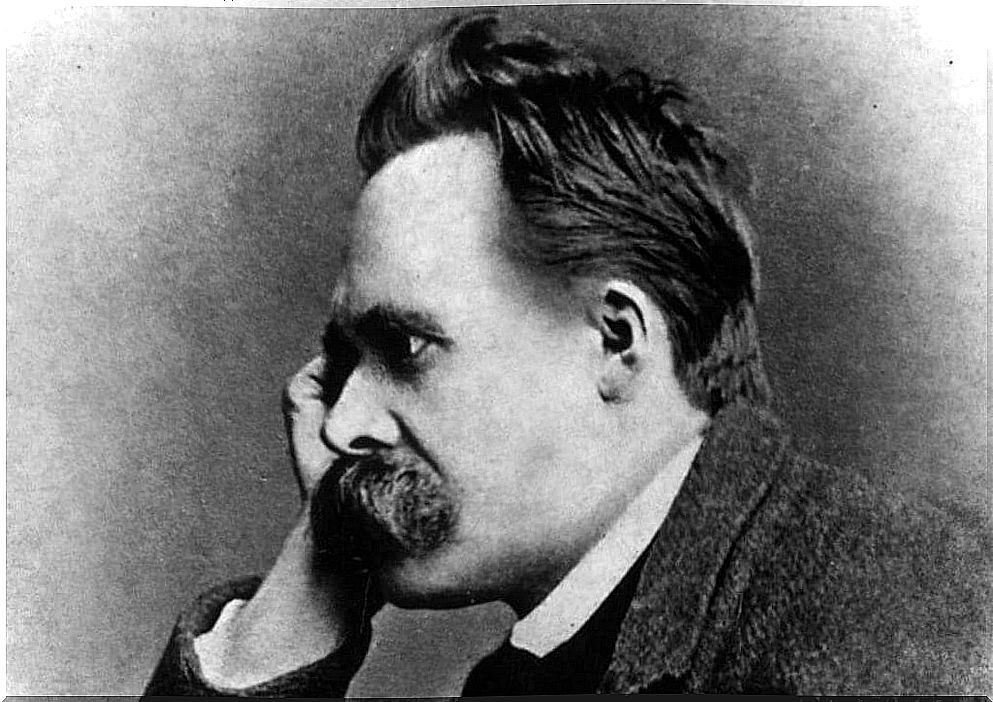
Socrates may have opened the door to this thought, separating the Dionysian (life) from the Apollonian (reason). But it was Plato who placed one on top of the other. In this way he accomplished the Socratic method (the fruit of knowledge, the success of reason) and also the tragedy.
The revelation of this split and hierarchy then continued through Christianity. Christianity spoke of life as a preparation for death or as a vale of tears.
Death was a punishment and the reward was heaven. This was an idea that fitted perfectly with the hardships the people were going through. They were ravaged by famine and plague, and they thirsted for hope. You suffer now but after that you will get your reward. But only the people who have suffered enough to deserve the reward will get it.
This view also means moral punishment for people. For our best deeds are never our own deeds. This may be why we say things like “behind the clouds the sun shines.” This is actually the justification some people have used to explain how it is possible that an almighty dear God allows tragedies to happen to us. It’s almost funny, right?
We have condemned ourselves to slavery
We return for a moment to the core of Nietzsche’s thinking. So this is how we designed a value scale that was based more on our belief than on our knowledge. But we’re all smart people and the Middle Ages won’t last forever, so…
In the meantime, we started to develop the science. It was the best solution we had to escape all the deep feelings inside ourselves. For Nietzsche, in this sense, all science was a perfect tool that humans had created to dig themselves out of their cave.
When we set up science as a model, we hoped to understand the destiny that was spelled out for each of us. It’s an equation that fits everything. It’s kind of like what businesses now use to predict what’s next for consumers to buy.
Nietzsche opposes this way of thinking to nihilism. On this he bases his “philosophizing with a hammer.” It is the destructive part of his philosophy. For it attacks the framework of traditional thinking and its results, especially Western culture and other places in which it sees that culture reflected.

Nihilistic pessimism and the arrival of the superman
As part of his nihilism, Nietzsche tells us why he thinks we are sick. He thinks that what happened in Greece was the beginning of the tragedy for all of us. His answer is like a Copernican twist. For it is comparable to what happened with the Enlightenment and with anthropocentrism. But it has a very different tone and meaning.
Unlike the Enlightenment thinkers, he did not believe that science would save us. Nietzsche actually thought that science was nothing more than a replacement for religion, but in some ways more intelligent and dynamic. It was a religion that only betrayed our bitterness about life. As a result, it also betrayed our illness and the “suppression” of our most basic instincts.
Another manifestation of this sick modernity, in addition to religion or science (which Nietzsche saw mainly in mathematics), was language. We tried not only to reduce life to mere numbers but also to reduce it to concepts.
This kind of language is fiction. It is a collective tool that we use in an effort to find the truth. And it is a truth that we are sure can be classed and objectified and that it is quantifiable and absolute. But does the world we inhabit really work that way?
We have now understood the disease. But what, according to Nietzsche, was the solution? He thought the answer was that we should invest in our values and move forward towards the birth of the superhuman. The superman is a person who lives his life so well that he wants to do it again.
This is the really dynamic part of Nietzsche’s school of thought, his way of transcending mistrust and embracing life.

